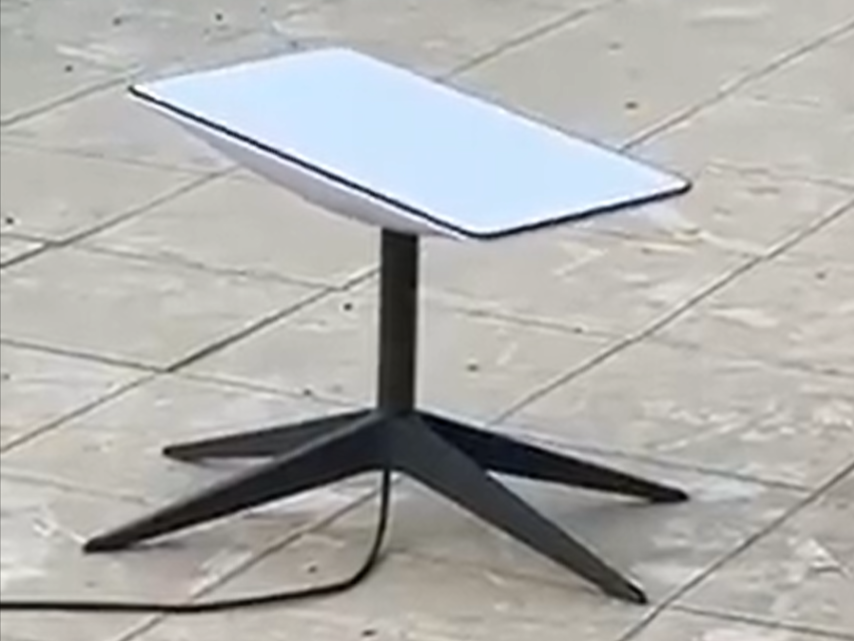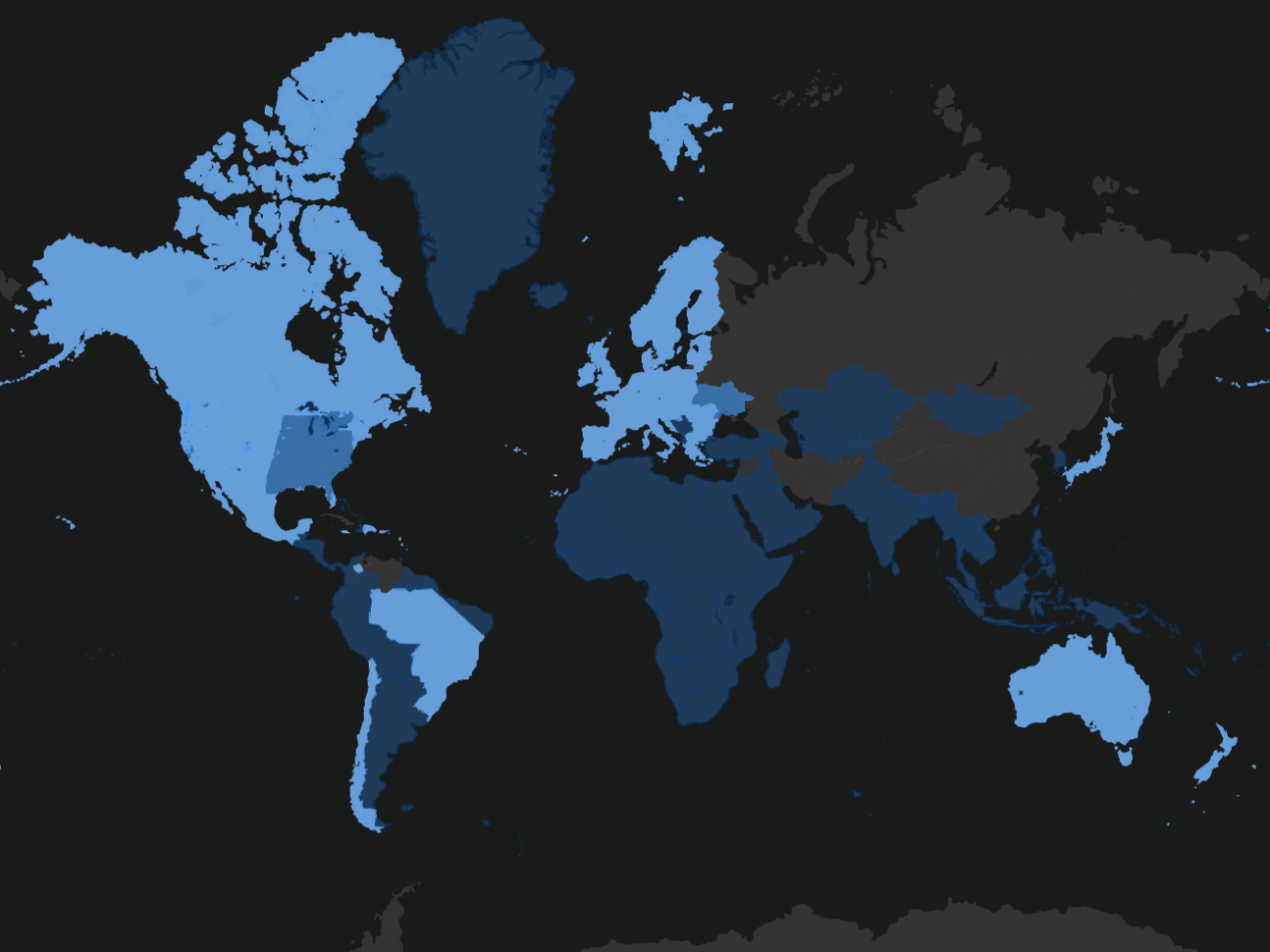Starlink: Iran protesters activate ‘close to 100’ illegal internet receivers, Elon Musk says
SpaceX satellites help activists circumvent government’s strict online censorship and blackouts

Your support helps us to tell the story
From reproductive rights to climate change to Big Tech, The Independent is on the ground when the story is developing. Whether it's investigating the financials of Elon Musk's pro-Trump PAC or producing our latest documentary, 'The A Word', which shines a light on the American women fighting for reproductive rights, we know how important it is to parse out the facts from the messaging.
At such a critical moment in US history, we need reporters on the ground. Your donation allows us to keep sending journalists to speak to both sides of the story.
The Independent is trusted by Americans across the entire political spectrum. And unlike many other quality news outlets, we choose not to lock Americans out of our reporting and analysis with paywalls. We believe quality journalism should be available to everyone, paid for by those who can afford it.
Your support makes all the difference.There are close to 100 of SpaceX’s Starlink internet terminals operating in Iran, according to chief executive Elon Musk
The space-based internet service is illegal in Iran as it allows users to bypass strict online censorship laws in the country, with Iranian authorities claiming satellite dishes “deviate morality and culture”.
State-imposed internet blackouts have also become a frequent occurrence since protests broke out in September following the death of Mahasi Amini. The 22-year-old law student died while being detained by morality police in Tehran for allegedly wearing her headscarf too loosely.
SpaceX’s constellation of around 3,300 Starlink satellites in low-Earth orbit offer high-speed and censorship-free internet to users on the ground who have access to a terminal.
In September, activists began smuggling dozens of the ground-based receivers into Iran to allow better communication and access to information for protesters.
“These efforts are independent of any efforts by the US government to get Starlink terminals to Iran and are in addition to, not in lieu of, other tools (including VPNs) to circumvent Iran’s state censorship,” said Professor Karim Sadjadpour, a senior fellow at the Carnegie Endowment for International Peace.
“Getting Starlink terminals to Iran isn’t risk-free, but Iranian popular demand for unfettered Internet access is enormous... Where there’s a will.”

Professor Sadjadpour said that activists planned to scale up to “several thousand” Starlink terminals over the coming months.
“Approaching 100 Starlinks active in Iran,” Mr Musk tweeted on Monday, having spoken with Professor Sadjadpour to activate the network over Iran.

Each Starlink terminal is capable of serving up to 200 devices on its network, though additional technology can extend this support to up to 8,000 devices.
The US government has supported the use of the Starlink network in Iran, offering SpaceX an exemption from trade sanctions in order to operate there.
US Secretary of State Antony Blinken said the move was designed to “advance internet freedom and the free flow of information for the Iranian people”.

Join our commenting forum
Join thought-provoking conversations, follow other Independent readers and see their replies
Comments